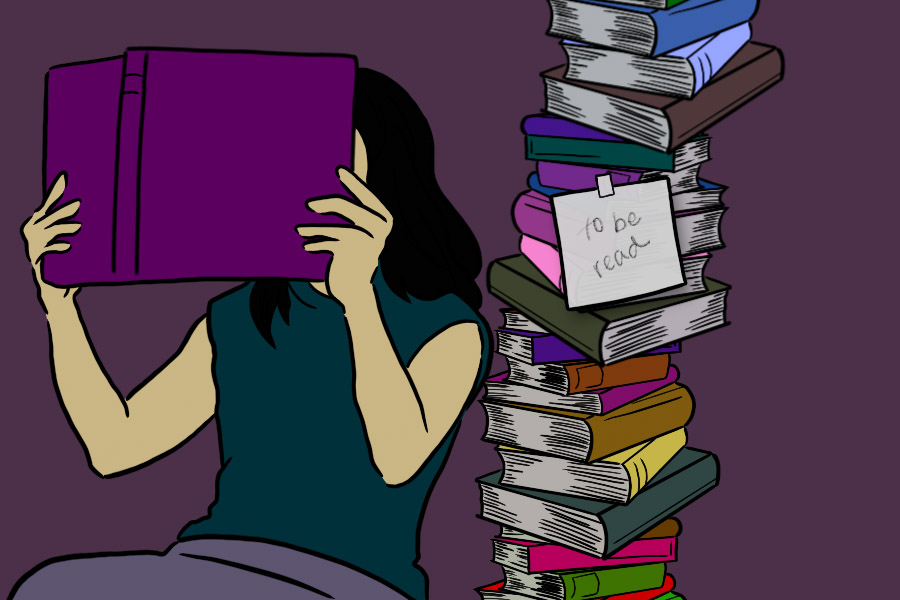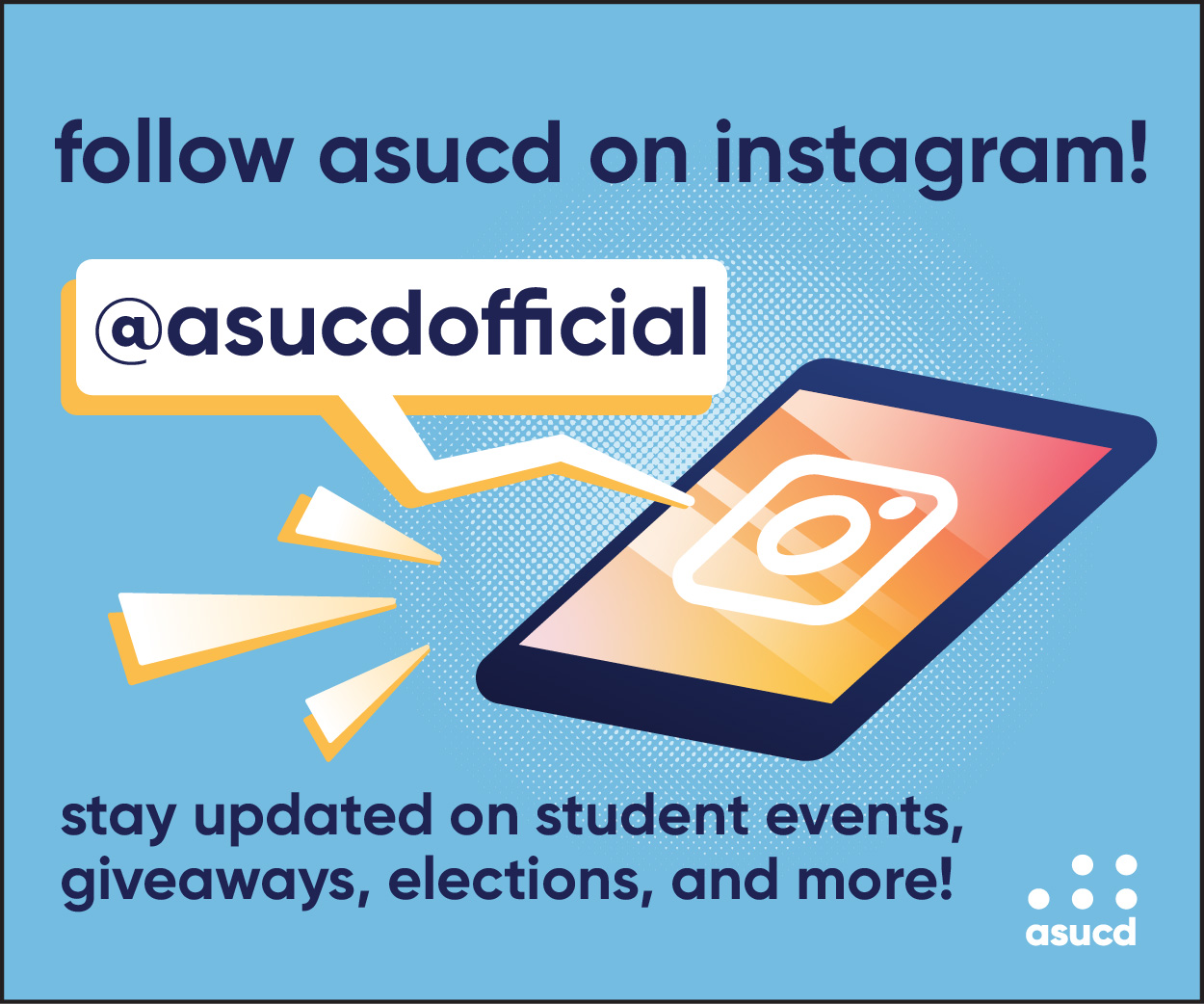
“The more that you read, the more things you will know. The more that you learn, the more places you’ll go.”
One of the biggest woes of my college career is the limited amount of time I am physically able to allocate to pleasure reading. I think most of us — with our busy schedules — can relate. If my summer, which I primarily spent reading, has taught me anything, it’s that the benefit of reading outweighs its extra effort. The lessons learned, the emotions felt while indulging in quality literature — these are all worth the nights staying up late. In no particular order, here are some of my current favorite books.
East of Eden by John Steinbeck
My teacher in high school refused to teach her students Jane Eyre because she felt that students at that age were too young to realize its greatness. I consider East of Eden to hold such similar status. Moreover, even if you were required to read this book in high school, you should read it again. This book is especially relevant during our college years as we further discover the defining characteristics of ourselves, understand what conditions mold those personas, and make for more critical self awareness. The work studies such an idea by examining the dynamic of the Trask family through multiple generations of brotherly bonds. The question of who has control in defining that personal mold is exemplified through the Hebrew phrase “Timshel” — implying a choice in who we are and the actions we take. Displaying the intersection of familial bonds and individual autonomy, East of Eden provides food for thought in analyzing one’s place in the world.
Between the World and Me by Ta-Nehisi Coates
While I read this text as a required reading for a class during Spring Quarter, I reread it this summer and gave copies to my entire family. In my opinion, it is a defining book of our generation. At a time when race relations in America are in a paradox of progression and simultaneous racial conflict, it is important that common people attempt to understand the issue in its totality. Written as a letter to Coates’ son, Between the World and Me illustrates modern-day race relations in a personal way: a father sharing his experiences of racism and explaining the harsh realities of what his son’s existence will likely entail. An idea as complicated as racism in America often needs a personal appeal, a way for others to attempt to understand the injustice. And while there are some of us who will never truly understand or face the same oppression as a large population of Americans, being an advocate and an ally can still be a step in the right direction. It can even start with this book.
A Little Life by Hanya Yanagihara
I must admit, I have not yet finished this book. In my defense, it is over 800 pages, and the text is dense. Similar to the writing style of Hemingway, each masterfully crafted sentence is carefully thought out, packed with intense emotions, and encompassed in beautiful, simple sentences. Indeed, the sentiments illustrated in this novel are zealous. Following the lives of four college-graduated best friends, the narrative reveals each character’s background and emotional turmoil. Readers watch the friends deal with trauma and with each other, demonstrating the significance of genuine friendship. Analyzing the complexity and love found in modern day friendships, A Little Life has set a standard for commenting on the families we make for ourselves.
The Illustrated Man by Ray Bradbury
Lessons from history tend to be interesting reference points for conflicts of the present, and The Illustrated Man is no exception. Written in 1951, the book provides commentary on the provocative uses of technology, with an uncanny resemblance to the fears of technology’s widespread embedment today. The book further tackles the sectors of technology in contemporary society as it is a collection of short stories; different fictional narratives provide various perspectives for the reader to ponder. Feelings of isolation, dystopia, and societal confusion will feel all too familiar, providing a forum for reflecting on our own use of technology.
Written By: Caroline Rutten — arts@theaggie.org


